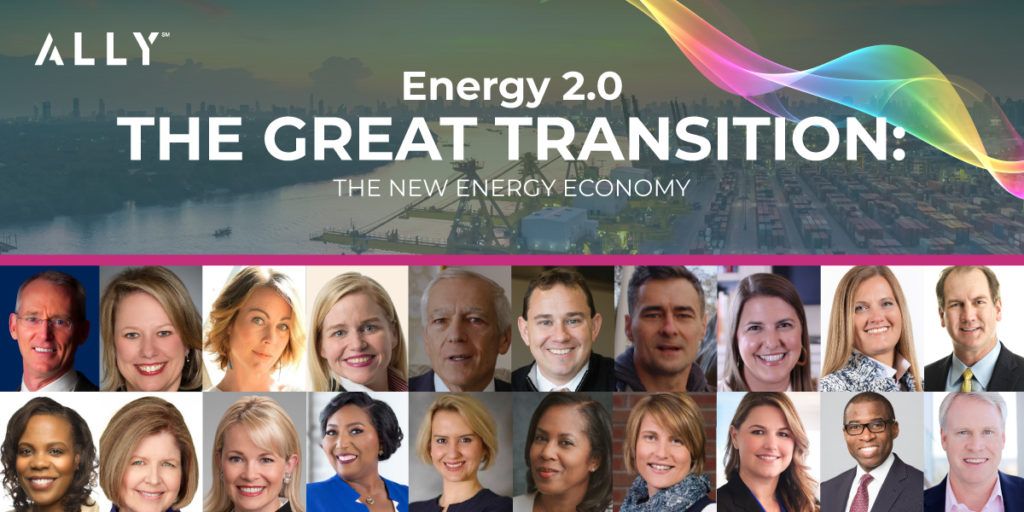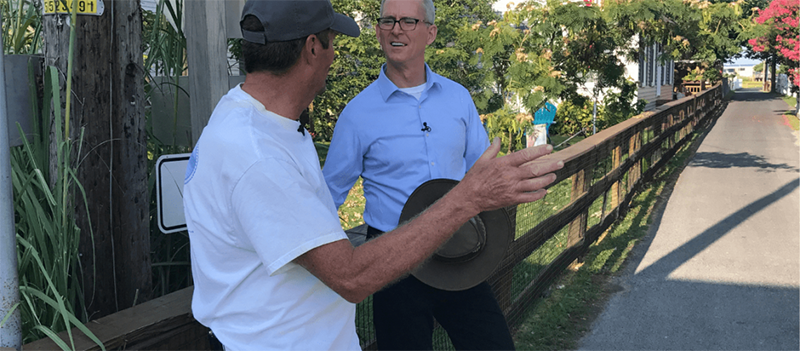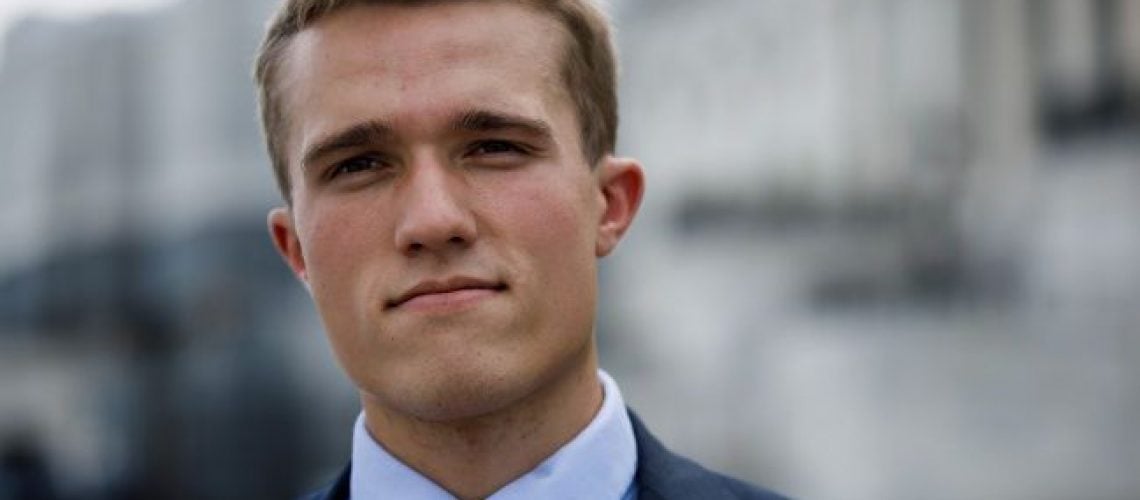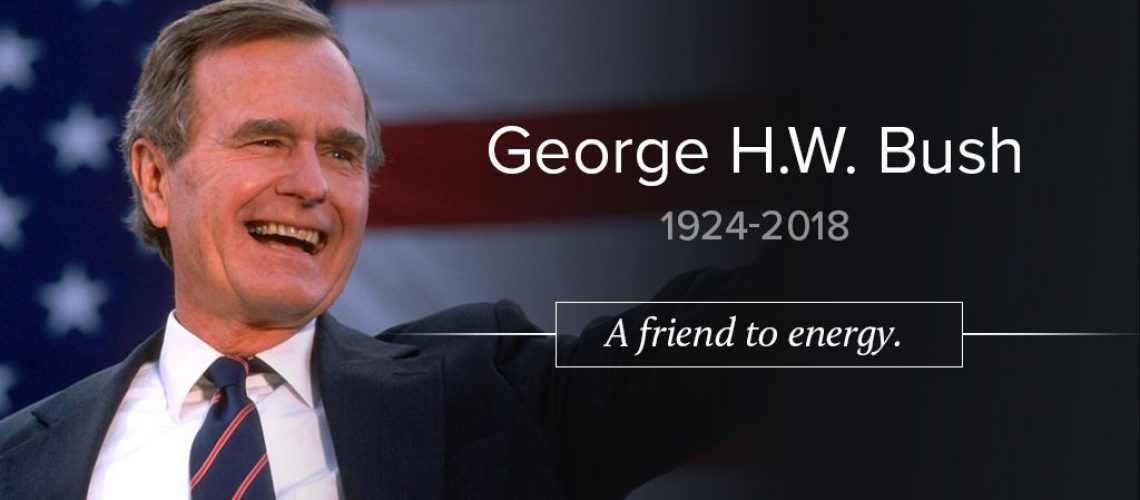“Dad, I’ll vote for you. But you’re going to clean up your act on the environment.”
These words were spoken by Bob Inglis’ son in 2004. He had just turned 18 and was excited about voting in an election for the first time. Inglis’ four younger daughters all agreed with their brother: They wanted their dad to fight for something that was deeply relevant to their future.
At the time, Inglis, a Republican, was running for a U.S. House District for a second time in a conservative district of South Carolina. During Inglis’ first six-year stint, from 1993-1999, he had been very vocal about where he stood on climate change, firmly stating on many occasions that he didn’t buy it.
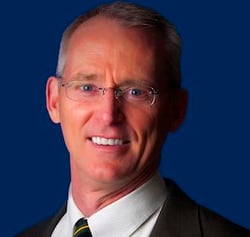
However, now that he was running again, his son was bringing the issue back to his attention. Hearing it from his own son hit home in a way it never had before.
Inglis won his 2004 election and during his second term in Congress took a couple trips to Antarctica that forever changed his life. He got a chance to see, with his very own eyes, the effects of climate change.
“The scenery is unbelievable and amazing to experience,” said Inglis. “And the people in Antarctica are just fascinating.”
While on his second Antarctica trip, during a Science Committee expedition in 2008, he connected with Scott Heron, an Associate Professor in Physics at the James Cook University in Australia. Heron has done extensive research on coastal and hear-shore environment physics, and has extensively studied coral reefs and the ways in which they’ve been impacted by climate change. Inglis first saw him at the Great Barrier Reef, where Heron was demonstrating the challenges of coral bleaching.
He went into the symbiotic relationship between coral and algae, demonstrating that if the water temperature was increased by 1 degree celsius, the coral would kick the algae out and both would die. This amazing creation -- coral -- could all be dead because of us. By 2050. It’s pretty sobering but also inspiring.
Bob Inglis
Inglis also got to witness Heron’s deep affinity for nature: “We went snorkeling. We’d go down into the water and he’d show me something...and you could see he was worshipping God in what he was showing me,” said Inglis.
Feeling enlightened by his trip, he came back and proposed a carbon tax.
“And it got me into political trouble,” said Inglis. “That’s how I got tossed out of office in 2010.”
After his election loss, Inglis wasted no time. He launched republicEn.org in 2011 and has been running it ever since.
republicEN.org was created in order to go to conservatives with credible messengers and affirm the truth that free enterprise can solve climate change.
Bob Inglis
Inglis feels that climate change has been culturally marked, and that as a result, for some time, it has been assumed that it was the providence of the left.
“That’s because most of the climate conversation has been conducted in the language of the left — egalitarian language — and we aim to change that by speaking to conservatives in what Dan Kahan at Yale calls hierarchical individualism,” said Inglis.
When asked what the “En” at the end of “republicEn” stands for, Inglis stated three words: Energy. Environment. Entrepreneurship.
For now, the organization focuses on Florida, South Carolina, North Carolina, Idaho, Utah, and Texas, due to budget constraints.
Their goal is to make climate action bipartisan, and to reach out to encourage 100-200 Republican members of congress in certain districts to join Democrats in passing meaningful climate action.
“All it takes is a couple hundred republicEns to make climate action bipartisan and thereby durable,” said Inglis.
republicEn.org is focused on building belief in climate change among constituents, so that Republican-elected officials feel like they have the green light from their voters to change their position.
Inglis feels hopeful about the future. He notices that people are beginning to wake up to the reality of climate change, and understand that it is not a partisan issue.
“People are starting to be more responsive to climate change, because they have kids, they have grandchildren, talking to them about climate change,” said Inglis. “And they want to be relevant like I did. It took the love of my son to start realizing it.”
Bob Inglis will be speaking at our Energy 2.0 event in April. Register here.
